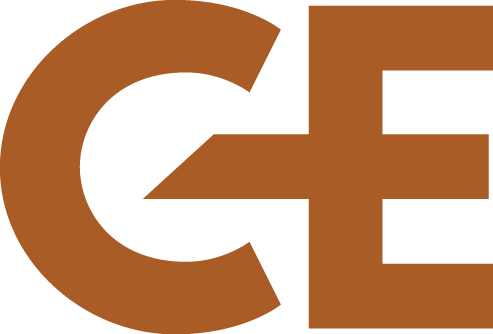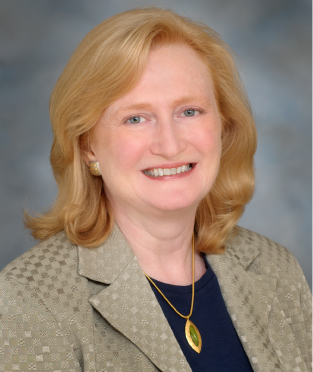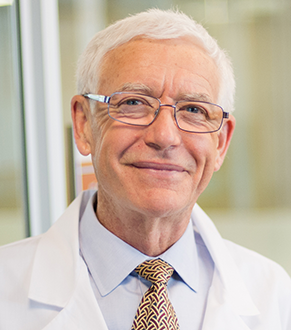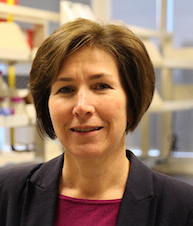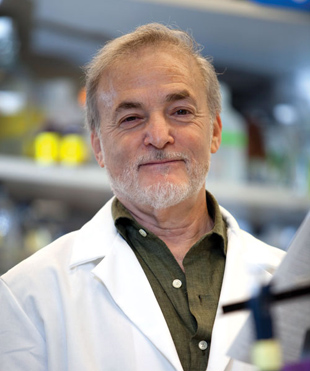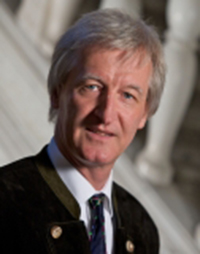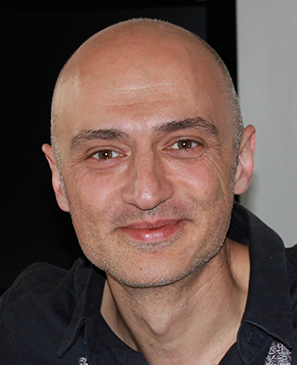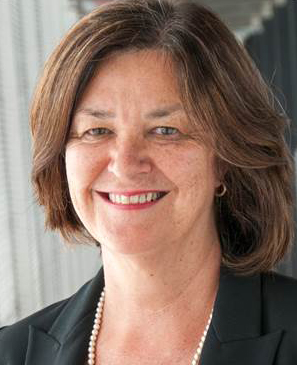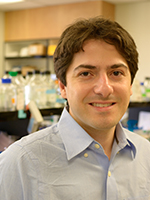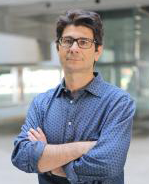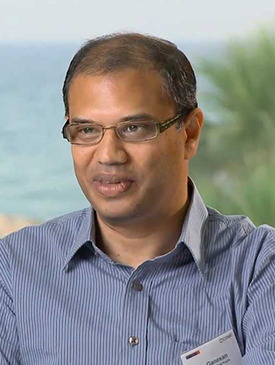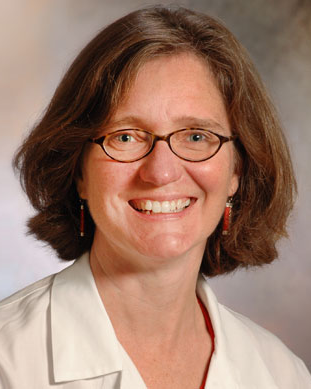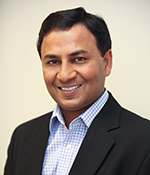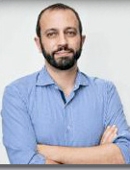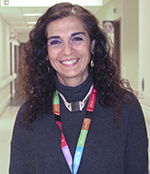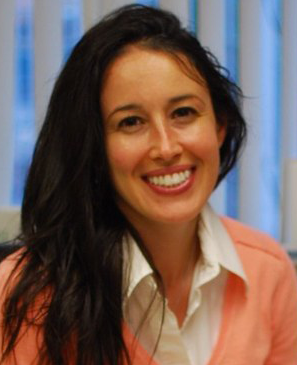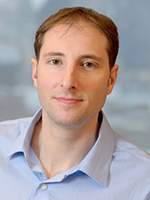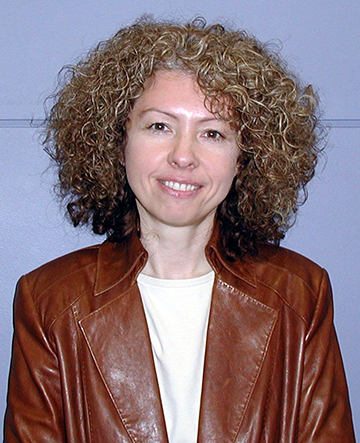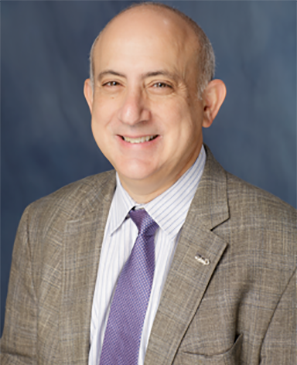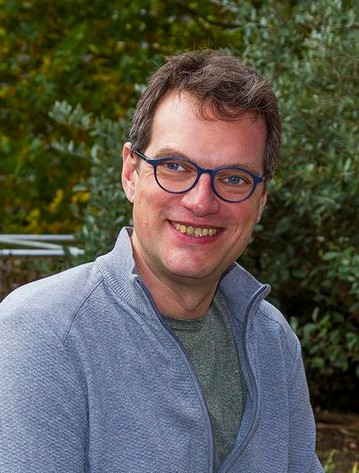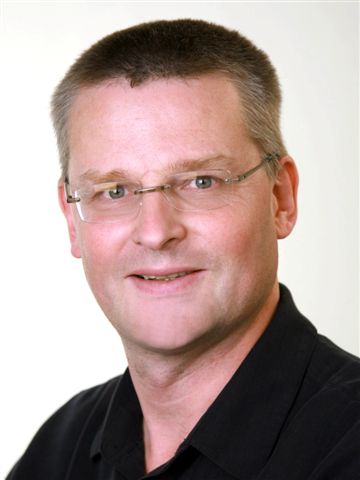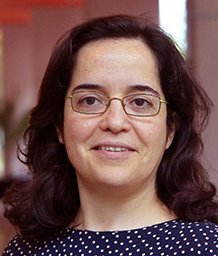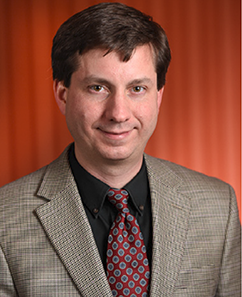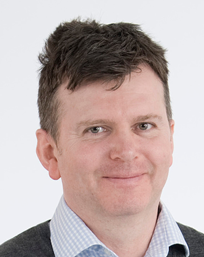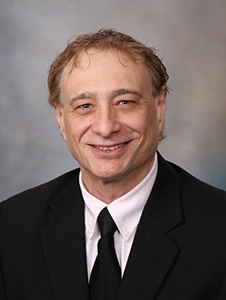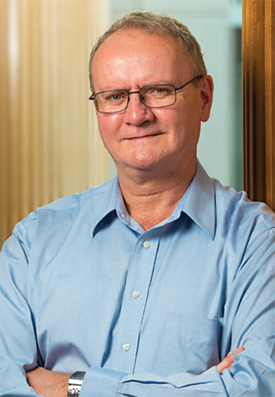Cancer Epigenetics (CE)’s Editorial Board has been selected with three criteria in mind: i. each CE Editorial Board Member is a leading (if not the leading) scientist in her/his field; ii. each CE Editorial Board Member upholds the highest standards of scientific rigor and ethics; and iii. each Editorial Board Member is committed to advancing science and to the betterment of research practices, in a spirit of collaboration, knowledge sharing, and collegiality. These criteria help ensure that all papers submitted to CE are fairly evaluated by the experts of the field, and that are all papers selected for publication significantly advance the field.
Editors-in-Chief
Dr. Sharon Y.R. Dent is Professor at University of Texas MD Anderson Cancer Center and holds the Department of Epigenetics & Molecular Carcinogenesis J. Ralph Meadows Chair. She is also Director of the Virginia Harris Cockrell Cancer Research Center at Science Park in Smithville, TX, and Director of the Center for Cancer Epigenetics at University of Texas MD Anderson Cancer Center (Houston, TX, USA). She is an expert of histone acetyltransferases (HATs) and development, as well as in the crosstalk and cross-regulation of histone PTMs in normal and cancer cells. Dr. Dent is also Editor of Molecular Cell (Cell Press).
Dr. Peter Jones is a world renown DNA methylation expert and former President of the American Association for Cancer Research (AACR). Dr. Jones is a Distinguished Professor, Director of the Center for Epigenetics, and Chief Scientific Officer of Van Andel Research Institute (Grand Rapids, MI, USA). He is co-founder of Stand Up To Cancer (SU2C) Epigenetics Dream Team, and is on the scientific advisory boards of Cancer Research UK Cambridge Institute, and of Blueprint, a large-scale epigenome project gathering 42 European universities and research institutes. Dr. Jones is co-founder Editor-in-Chief of Epigenomes and member of the National Academy of Sciences, USA.
Editorial Board
Dr. Cheryl Arrowsmith is Professor of Medical Biophysics at the University of Toronto and Senior Scientist at the Princess Margaret Cancer Centre (Toronto, Canada). She is also Structural Genomics Consortium Chief (SGC-Toronto) and holds the Canada Research Chair in Structural Genomics. Dr. Arrowsmith is also Founder of Affinium Pharmaceuticals and is on the Board of Directors of Academic Drug Discovery Consortium. In addition to the Cancer Epigenetics journal series, Dr. Arrowsmith is Editor of Cell Chemical Biology (Cell Press).
Dr. Stephen B. Baylin is Professor of Medicine and Oncology, and the Virginia and D.K. Ludwig Professor for Cancer Research at Johns Hopkins University (Baltimore, MD, USA). He is the Cancer Biology Division Chief of Johns Hopkins Oncology Center & Associate Director for Research Programs of Sidney Kimmel Comprehensive Cancer Center. Together with Peter Jones, Dr. Baylin leads the national Stand up to Cancer (SU2C) team, served on the AACR Board of Directors, and is an Officer of the Cancer Epigenetics Society. Dr. Baylin is co-founder Editor-in-Chief of Epigenomes and member of the National Academy of Sciences, USA.
Dr. Stephan Beck is Professor of Medical Genomics at University College London (UCL) Cancer Institute (London, UK). He headed the human genome sequencing project at the Wellcome Trust Sanger Institute, co-founded the Human Epigenome Project, and co-authored the paper reporting the human genome sequence cited more than 20,000 times. He is also leading the British Personal Genome Project (PGP-UK) for the first open-access 100,000-genome database combining both DNA and health data, thus allowing researchers to link gene variants to specific conditions. Dr. Beck is also a member of faculty of 1000 (f1000) and a Fellow of the Academy of Medical Sciences.
Dr. Giacomo Cavalli is Head of the Chromatin & Cell Biology Laboratory at the Institute for Human Genetics (Montpellier, France). Together with Renato Paro, Dr. Cavalli was first to show transgenerational inheritance of chromatin states in metazoans. He is a Polycomb and Trithorax group of proteins expert who first demonstrated PcG tumor suppressive function in Drosophila. Dr. Cavalli is also a Permanent Member of the EpigeneSys Network of Excellence, of the Laboratory of Excellence EpiGenMed, and Editor of Epigenomes.
Dr. Susan J. Clark is Head of the laboratory for Epigenetics Research, of the Genomics and Epigenetics Division and of the Cancer Epigenetics Program at the Garvan Institute of Medical Research, and of the Cancer Research Division at the Kinghorn Cancer Centre. She is also Professor at University of New South Wales Faculty of Medicine (Sydney, Australia) and Founding Member of the International Human Epigenome Consortium, President of the Australian Epigenetics Alliance, Fellow of the Australian Academy of Science, and Editor of Epigenomes.
Dr. Daniel De Carvalho is Senior Scientist at Princess Margaret Cancer Centre and Associate Professor at the Department of Medical Biophysics at University of Toronto (Toronto, Canada). Dr. De Carvalho studies cancer-specific epigenetic alterations that define cancer cells and modulate the immune system. He also investigates the targeting of colorectal cancer-initiating cells with DNA demethylating agents, and DNA demethylating drugs-induced viral mimicry in attempts of innate immunity-targeted cancer therapies.
Dr. Luciano Di Croce heads the Epigenetics Events in Cancer Group at the Centre for Genomic Regulation (CGR), an international biomedical research institute of excellence (Barcelona, Spain). Dr. Di Croce’s expertise lays in the epigenetic mechanisms of leukemia and is Professor at the Catalan Institute of Research and Advanced Studies (ICREA), an Associate Member of the EpigeneSys Network of Excellence, and an Elected Member of the European Molecular Biology Organization (EMBO). Dr. Di Croce is also Editor of Epigenomes, Molecular and Cellular Biology (ASM) and of Science Advances (AAAS).
Dr. Arasu Ganesan is Professor of Chemistry and holds the Chair of Chemical Biology at University of East Anglia (Norwich, UK). Dr. Ganesan also holds the Chair of Epigenetic Chemical Biology within the Epichembio network. Dr. Ganesan is a Fellow of the Royal Society (Royal Society of Chemistry) and sits on the IUPAC Subcommittee for Medicinal Chemistry and Drug Development, as well as on the Royal Society Bioorganic & Medicinal Chemistry Sector committee. Dr. Ganesan is also Co-founder of Karus Therapeutics, a company specialized in small-molecule drugs against cancer.
Dr. Lucy A. Godley is Professor at the Department of Medicine, Section of Hematology/Oncology at University of Chicago (Chicago, IL, USA). Dr. Godley is an expert in the role of DNMT3B and of DNA methylation and hydroxymethylation in hematological malignancies. She made several seminal contributions to the field, including the role of IDH1 and IDH2 mutations and of TET2 in myeloid transformation. Dr. Godley was inducted into the American Society of Clinical Investigation, is Editor of Clinical Cancer Research (AACR press), and is Editor of Blood (ASH press).
Dr. Ajay Goel is Professor of medicine at Baylor University Medical Center and holds the Michael E Ramsay Chair in Translational Epigenomics and Oncology. He is also Director of the Center for Gastrointestinal Research, the Center for Translational Genomics and Oncology, and of the Center for Epigenetics, Cancer Prevention and Cancer Genomics at Baylor Research Institute and Charles A Sammons Cancer Center (Baylor University Medical Center, Dallas, TX, USA). He is a gastrointestinal malignancies genetics and epigenetics expert. Dr. Goel is Editor of Gastroenterology and of Clinical Cancer Research (AACR).
Dr. Ernesto Guccione is Professor at the Department of Oncological Sciences at Icahn School of Medicine at Mount Sinai in New York (NY, USA), a Senior Principal Investigator at the National Cancer Centre Singapore, and a Coordinator of the Program in Epigenetics and Diseases at Institute of Molecular and Cell Biology (IMCB) at the Agency for Science, Technology and Research (A*STAR) in Singapore. Dr. Guccione is mainly interested in the regulation, deregulation, and role of mRNA splicing isoforms and Arginine and Lysine Methyltransferases (PRMTs and HMTs) in cancer. He is Editor-in-Chief of Epigenomes.
Dr. Nada Jabado is Professor of Pediatrics and Human Genetics at McGill University and a pediatric hemato-oncologist at the Montreal Children’s Hospital (Montreal, Canada). Dr. Javado is also on the Canadian Institutes of Health Research (CIHR) Governing Council and the AACR Pediatric Cancer Working Group Steering Committee, and a Fellow of the Royal Society of Canada,. Dr. Javado specializes in brain tumors in children, with expertise in the epigenetics of pediatric astrocytomas and glioblastoma multiforme (GBM). Dr. Javado is also an Editor of British Journal of Cancer (NPG) and Journal of Medical Genetics.
Dr. Cigall Kadoch is Ass. Professor of Pediatric Oncology at the Dana-Farber Cancer Institute, Ass. Professor of Biological Chemistry and Molecular Pharmacology at Harvard Medical School, and Member at the Center for the Science of Therapeutics at the Broad Institute of MIT and Harvard University (Cambridge, MA, USA). Dr. Kadoch is an expert of the Swi/Snf chromatin remodeling machineries, particularly of the BAF complex role in chromatin biology and oncogenic pathways. Dr. Kadoch has received several accolades including being selected by the 35 MIT Innovators Under 35, and the Forbes list of 30 Under 30.
Dr. Michael G. Kharas is an Associate Investigator at the Memorial Sloan-Kettering Cancer Center (New York, NY, USA) and an expert in the mechanisms of normal and leukemic hematopoiesis. He is particularly interested in how RNA methylation controls cell fate and has developed technologies to uncover RNA regulators that modulate self-renewal, cell-fate decisions, and differentiation in leukemia. Dr. Kharas is also working on charting the commonalities and differences between leukemic cells and hematopoietic stems cells and developing small molecule drugs to target leukemic pathways.
Dr. Tatiana Kutateladze is a Faculty Member of the Program in Structural Biology and Biochemistry, the Neuroscience Program, the Biomedical Sciences Program, the Medical Scientist Training Program, the Molecular Biology Program, and of University of Colorado Cancer Center, and is Professor of Pharmacology at University of Colorado Anschutz Medical Campus (Aurora, CO, USA). Dr. Kutateladze has unraveled many structural determinants of the cancer epigenetic network & elucidated the molecular mechanisms of methyllysine & acyllysine recognition by epigenetic readers.
Dr. Jonathan D. Licht is Director of University of Florida Health Cancer Center (Gainesville, FL, USA), and holds the Marshall E. Rinker Sr. Foundation and David B and Leighan R. Rinker Chair. Dr. Licht is also an NCI-funded Chicago Physical Sciences Oncology Center co-leader, and is a cancer epigenetics Principal Investigator of a Leukemia and Lymphoma Society Specialized Center and a Multiple Myeloma Research Foundation program. In addition to Cancer Epigenetics journal series, Dr. Licht is also Editor of Cancer Cell (Cell Press).
Dr. Eric Miska is the Herchel Smith Professor of Molecular Genetics at University of Cambridge (Cambridge, UK), Senior Research Fellow at Cancer Research UK, Member of the Department of Genetics and Affiliated Faculty Member of the Wellcome Trust Sanger Institute (Hinxton, UK). Dr. Miska investigates non-coding RNAs in development and disease, as well as the role of RNA interference in viral immunity, Piwi- interacting RNA in germline development and genome integrity, and endogenous small interfering RNA in epigenetic inheritance and cancer. Dr. Miska is Editor of Journal of Cell Science and PLoS Genetics.
Dr. Christoph Plass is a professor and Head of the Division of Epigenomics and Cancer Risk Factors at the German Cancer Research Center (DKFZ; Heidelberg, Germany), and Elected Fellow of the American Association for the Advancement of Science (AAAS). Dr. Plass is interested in the epigenetics of cancer, particularly the mechanisms of DNA methylation in myelomonocytic leukemia, acute myeloid leukemia (AML), and chronic lymphocytic leukemia (CLL). He co-organized both the 1st and 2nd European Cancer Epigenetics Conferences. In addition to Cancer Epigenetics, Dr. Plass is Editor of Human Molecular Genetics (Oxford University Press).
Dr. Ana Pombo is Group leader at Berlin Institute for Medical Systems Biology, the Max Delbrück Center, Professor at Humboldt University (Berlin, Germany), and Member of the Epigenome Network of Excellence. Prior to her current position, Dr. Pombo led research at the Imperial College London / Medical Research Council (MRC) in London, UK. Dr. Pombo is an expert in three-dimensional chromatin folding, long-range enhancer-promoter communication, gene priming and transcriptional activation, and stem cells epigenetics in normal development and disease states. Dr. Pombo is Editor of Molecular and Cellular Biology (ASM) and of Journal of Cell Biology (Rockefeller University Press).
Dr. Keith D. Robertson is the Professor of Molecular Pharmacology & Experimental Therapeutics and Head of the Epigenetic Etiology of Human Disease Laboratory at Mayo Clinic (Rochester, MN, USA). Dr. Robertson was also a Georgia Cancer Coalition Distinguished Cancer Scholar, President of the Epigenetics Society, and is the Vice-President of the Cancer Epigenetics Society. Other academic accomplishments include Faculty positions at the NCI/NIH, and the Department of Biochemistry and Molecular Biology and Shands Cancer Center at University of Florida.
Dr. Christopher J. Schofield is Professor and Head of the Department of Organic Chemistry at University of Oxford (Oxford, UK). Dr. Schofield is also a Fellow of the Royal Society of Chemistry, the Royal Society of Biology, and a Member of the European Molecular Biology Organization (EMBO). He is also a Senior Fellow of Hertford College. Dr. Schofield is an expert of the chemical bases of epigenetics, particularly of the chemistry of histone lysine demethylation and other oxygenase-dependent epigenetic mechanisms. Dr. Schofield’s group also develops small-molecule probes for histone code readers, writers, and erasers.
Dr. Raul Urrutia is Professor of Medicine, Professor of Biochemistry and Molecular Biology, and Professor of Biophysics at the Mayo Clinic (Rochester, MN, USA). Dr. Urrutia serves as the Director of Epigenomics Education and of Academic Relationships, Consultant for the Division of Gastroenterology and Hepatology, Consultant for the Department of Physiology and Biomedical Engineering, and Member of the Diagnostic Odyssey Functional Validation Program at Mayo’s Center for Individualized Medicine. Dr. Urrutia is also Director of the GI Unit, Director of the PhD Program in Tumor Biology, Associate Director for Genomics at the Mayo Clinic General Clinical Research Center, and Editor of Journal of Biological Chemistry (ASBMB).
Dr. Jerry Workman is an Investigator at the Stowers Institute for Medical Research (Kansas City, MO, USA). Prior, Dr. Workman was a Fellow at Harvard University School of Medicine and the Massachusetts General Hospital (MGH), a Howard Hughes Medical Institute (HHMI) Investigator, and a Scientific Board Counselor of the National Cancer Institute (NIH/NCI). Dr. Workman is widely recognized for his research on HATs, notably for his discovery of the Tip60 and SAGA complexes. Dr. Workman also served as Editor of Molecular and Cellular Biology and is currently Editor of EMBO Reports and of eLife. Dr. Workman was inducted into the American Academy of Arts and Sciences in 2013.

